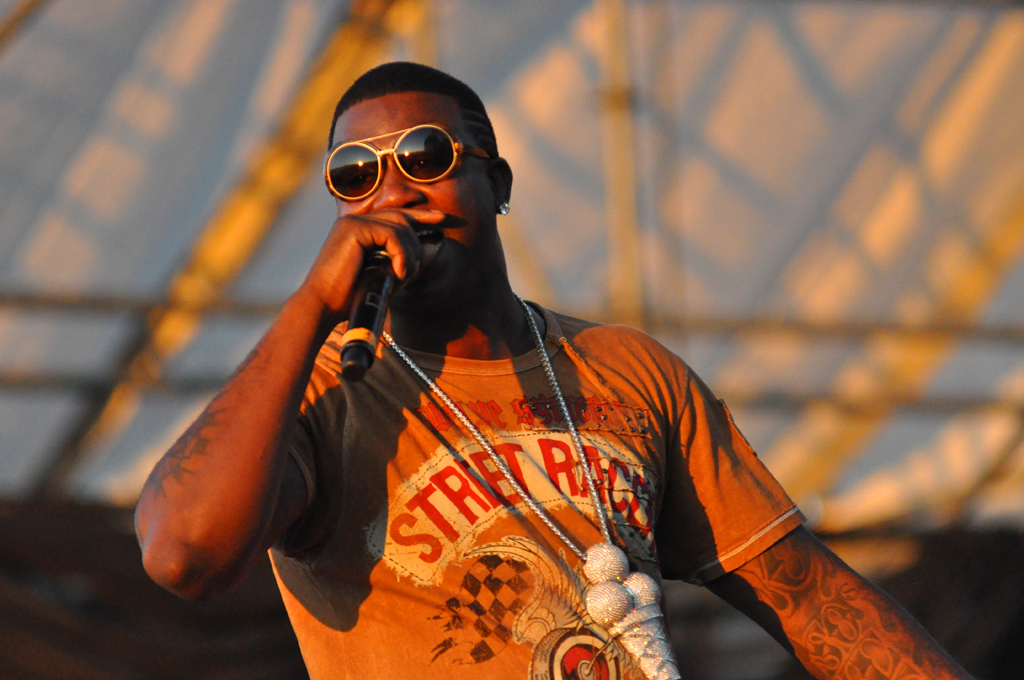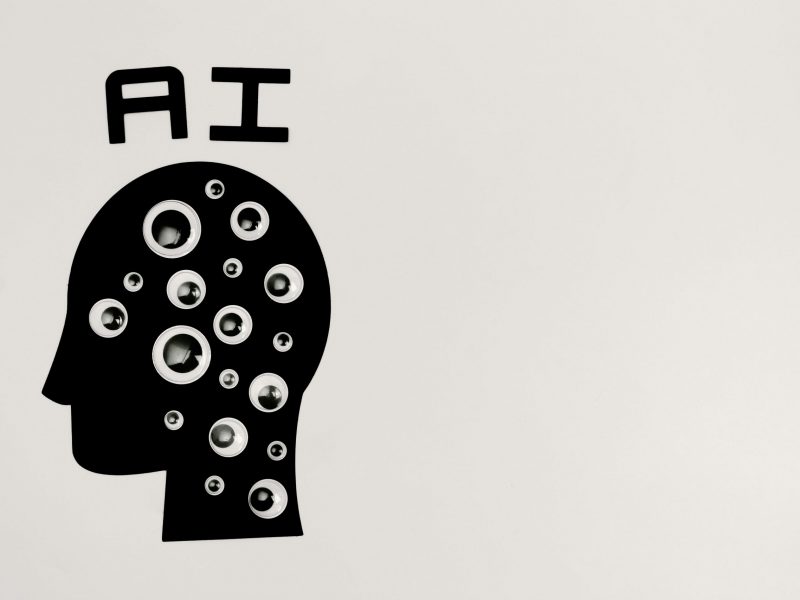“I’m starting off my day with a blunt of purp / No pancakes just a cup of syrup,” Gucci Mane said in the opening lines of the high-octane prison release anthem “First Day Out” in 2009. His tight, nasally flow sounded both hungry and immediately familiar, right at home on the song’s bright-yet-aggressive Zaytoven beat. There’s a reason the track sounds like as much of a victory lap as a return — in the late 2000s, Gucci Mane was running Atlanta rap. And he sure wasn’t going to let a little thing like prison stand in his way.
But after several trips back to the clink — including an extended stay starting in 2013 — Gucci Mane is a free man again. Released from federal prison in late May, the Atlanta trapper fittingly dropped another “fresh out the joint” single: the similarly-titled “First Day Out Tha Feds.”
But despite complementary names, 2016’s ‘First Day Out Tha Feds” is an extremely different song. Mike Will Made-It’s beat is dark and driving, with fuzzy bass and horror movie melodies, a stark contrast from the church organ plink Zaytoven still routinely utilizes. Gucci’s voice sounds grittier and matches his writing, which spins a true-crime narrative with more intensity than Sarah Koenig will ever be able to muster.
“I’m hearing shooters load pistols while I’m brushing my teeth/ I get so many death threats it’s getting normal to me,” he deadpans with the voice of someone who’s seen too much while staying true to the morning routine motif of the last, more celebratory, “First Day Out.”
But to the disappointment of the U.S. criminal justice system, Gucci’s musical transformation probably isn’t the result of prison rehabilitation. In fact, it’s most likely a reaction to the only thing that’s changed more in the last three years than Gucci himself: Atlanta’s rap scene.
When the ice cream cone-tatted rapper disappeared behind bars in 2013, Atlanta rap was changing and Gucci was a catalyst. Today, the same rappers Gucci supported from their first verses are amongst the most celebrated and accomplished in rap music. Young Thug, a frequent collaborator and one-time signee to Gucci’s 1017 Brick Squad Records, is now a critically-acclaimed and commercially-viable trap weirdo. And rap’s most prominent Auto-Tune user (now that T-Pain is too busy playing colleges), Future, spent many of his early days in the care of Gucci’s creative trap incubator. Not to mention the fact that the sound of trap music has invaded pop with the ferocity of the AK-47s so often rapped about by Gucci himself. Katy Perry has used trap beats. So have a number of more hip-hop friendly pop artists like Rihanna and Beyonce. And, uh, Miley Cyrus.
So when a sound grows so exponentially, what happens when one of its biggest influences reappears after a number of years?
If Gucci’s collaborations in his first month of freedom — a track with Drake, “Back on Road” and his verse on the Kanye West posse cut “Champions” — are any indication, Gucci’s contributions to modern music have not gone unrecognized. So far, the East Atlanta Santa has worked with more members of hip-hop royalty than he has with the Atlanta rappers who littered his pre-prison releases. Maybe — in some sort of perverse fulfillment of jailhouse cliche, Gucci really is a new man. Not in his personal life, but in his rightful position in hip-hop — an innovator with the newfound focus to rise to the top of the game he built.
It’s a theory backed by Gucci’s slight output since his release. His return mixtape — long-expected to be released at the same time he left prison — has yet to surface, and the quality of his rapping has stayed remarkably consistent on his few tracks so far. If it wasn’t for the flood of DatPiff results that follow any search of his name, you wouldn’t even know this was the same rapper who dropped a career’s worth of mixtapes from behind bars. While only time will tell if Gucci has what it takes to move beyond cult rap icon and the face on now-outdated “Free Gucci” t-shirts, he deserves a spot in rap royalty based on influence alone.



